The temperament of a dog is one of the most important factors to consider when choosing a pet. Gentle dog breeds are particularly desirable for families with children or for those who want a furry companion that is calm and affectionate. In this article, we will explore some of the gentlest dog breeds and what makes them so lovable.

One of the most popular gentle dog breeds is the Golden Retriever. This breed is known for its friendly and patient nature, making it an excellent choice for families with young children. Golden Retrievers are also highly intelligent and easy to train, which makes them a great choice for first-time dog owners. Another gentle breed is the Cavalier King Charles Spaniel, which is known for its affectionate and playful personality. These dogs are great with children and love to cuddle with their owners, making them an ideal lap dog.
Other gentle dog breeds include the Bichon Frise, which is a small and fluffy dog that loves to be around people. These dogs are easy to train and are great with children, making them a popular choice for families. The Newfoundland is another gentle giant that is known for its calm and patient nature. These dogs are great with kids and are often used as therapy dogs due to their gentle demeanor. Overall, there are many gentle dog breeds to choose from, each with its own unique personality and traits that make them great companions.
Defining Gentle Dog Breeds
When it comes to finding the perfect family dog, temperament is an important consideration. Gentle dog breeds are typically known for their good-natured and affectionate personalities. In this section, we will define what makes a dog breed "gentle" and explore some of the most popular gentle breeds and families.
Temperament Traits
The temperament of a dog is determined by a combination of genetics and environment. Gentle dog breeds are typically friendly, calm, and patient. They tend to be good with children and other pets, and are not prone to aggressive behavior. These breeds are often easy to train and eager to please, making them great companions for families.

Gentle Breeds and Families
There are many dog breeds that are known for their gentle personalities. Some popular gentle breeds include:
- Labrador Retriever: This breed is known for its friendly and outgoing personality, making it a great choice for families with children.
- Golden Retriever: Another popular family dog, the Golden Retriever is known for its affectionate and loyal nature.
- Cavalier King Charles Spaniel: This breed is known for its gentle and loving personality, and is often recommended for families with children.
- Bichon Frise: This small breed is known for its friendly and playful nature, and is a great choice for families looking for a lap dog.
Overall, gentle dog breeds are a great choice for families looking for a loving and affectionate companion. When selecting a gentle breed, it is important to research the specific needs and characteristics of each breed to ensure a good match for your family.
Popular Gentle Dog Breeds
When it comes to gentle dog breeds, there are several popular options that come to mind. These breeds are known for their calm demeanor, friendly nature, and ability to get along well with children and other pets. Here are some of the most popular gentle dog breeds:
Cavalier King Charles Spaniel

The Cavalier King Charles Spaniel is a small breed that is known for its affectionate and gentle nature. These dogs love to cuddle and make great lap dogs. They are also great with children and other pets, making them an ideal family pet.
Labrador Retriever
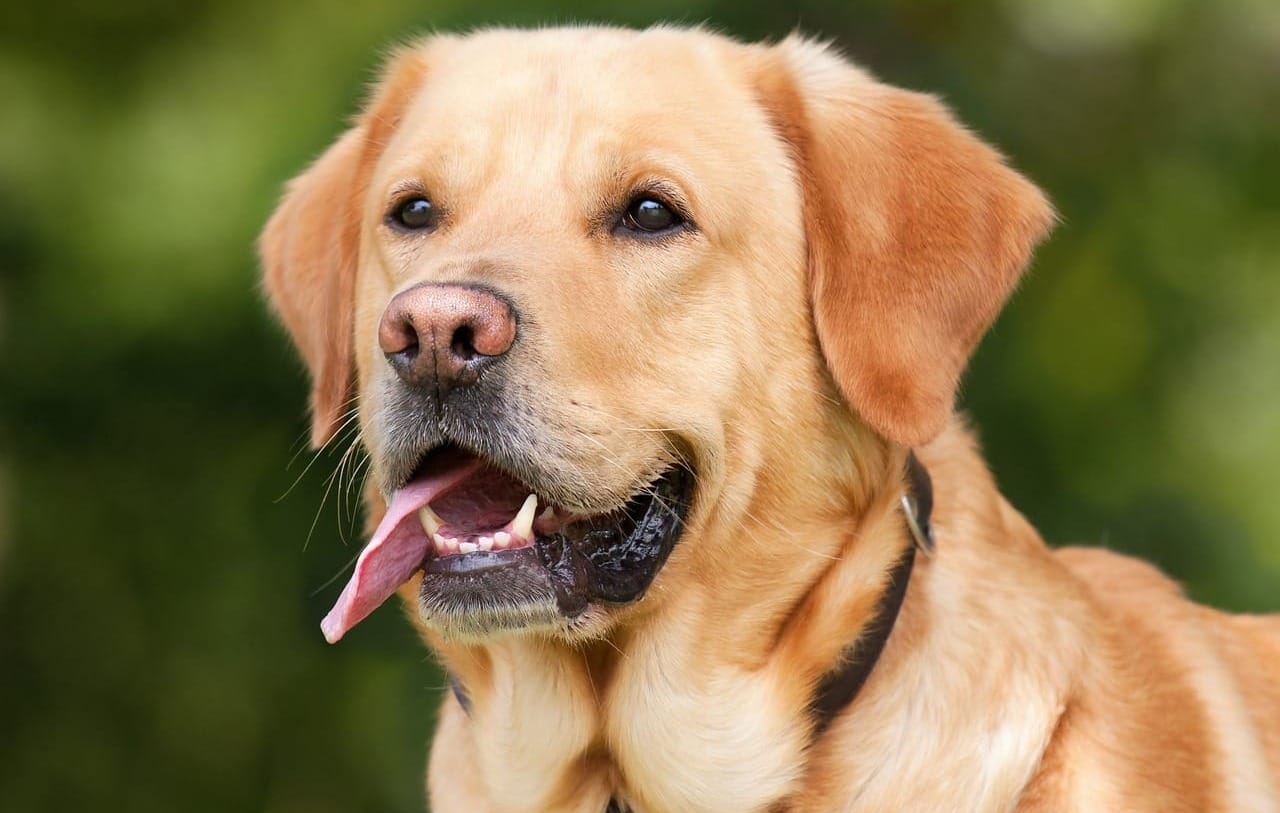
The Labrador Retriever is one of the most popular dog breeds in the world, and for good reason. These dogs are known for their friendly nature, loyalty, and gentle demeanor. They are great with children and other pets, and make excellent family pets.
Golden Retriever
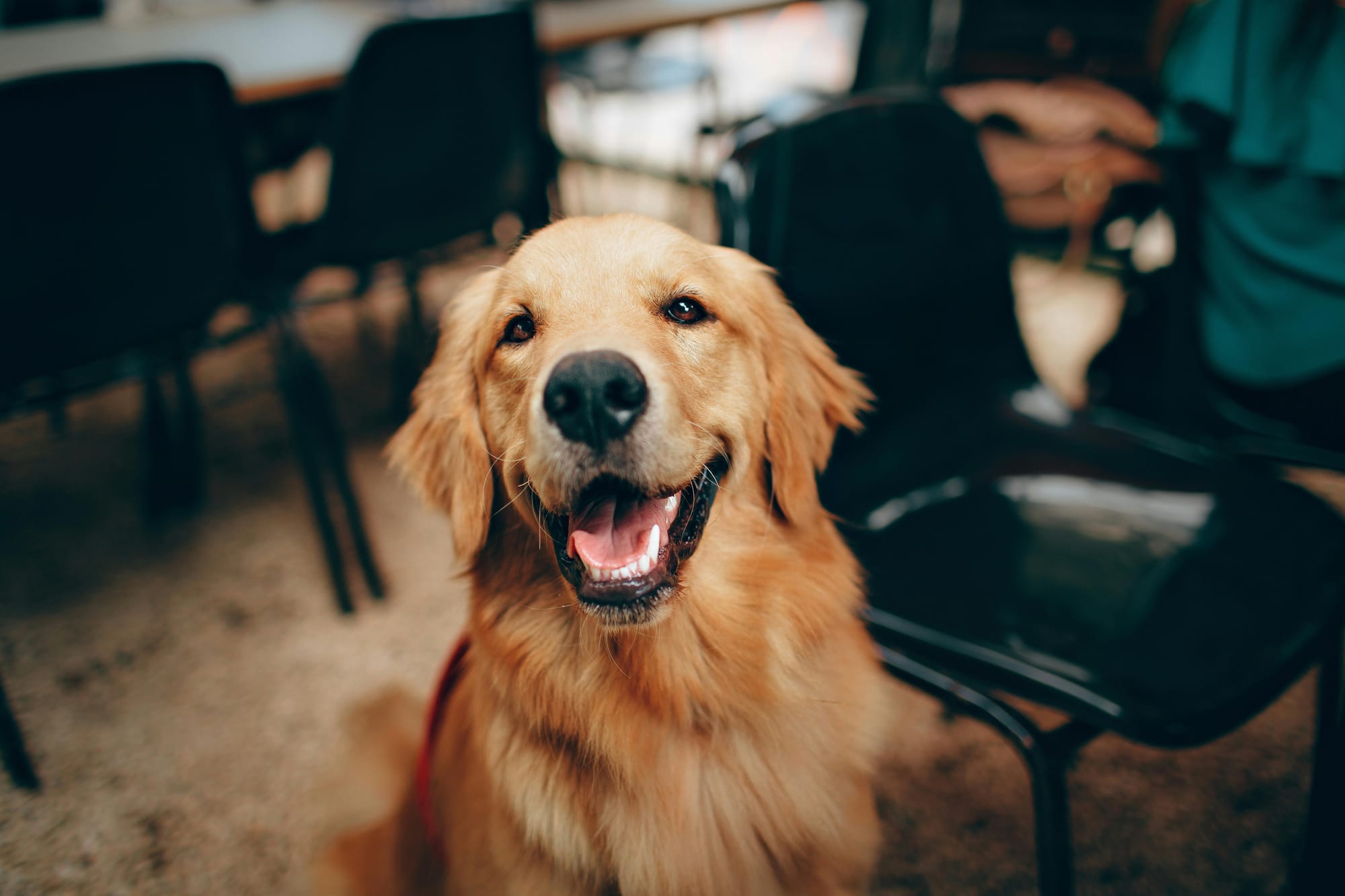
The Golden Retriever is another popular breed that is known for its gentle nature. These dogs are friendly, loyal, and great with children and other pets. They are also highly intelligent and easy to train, making them a great choice for first-time dog owners.
Beagle
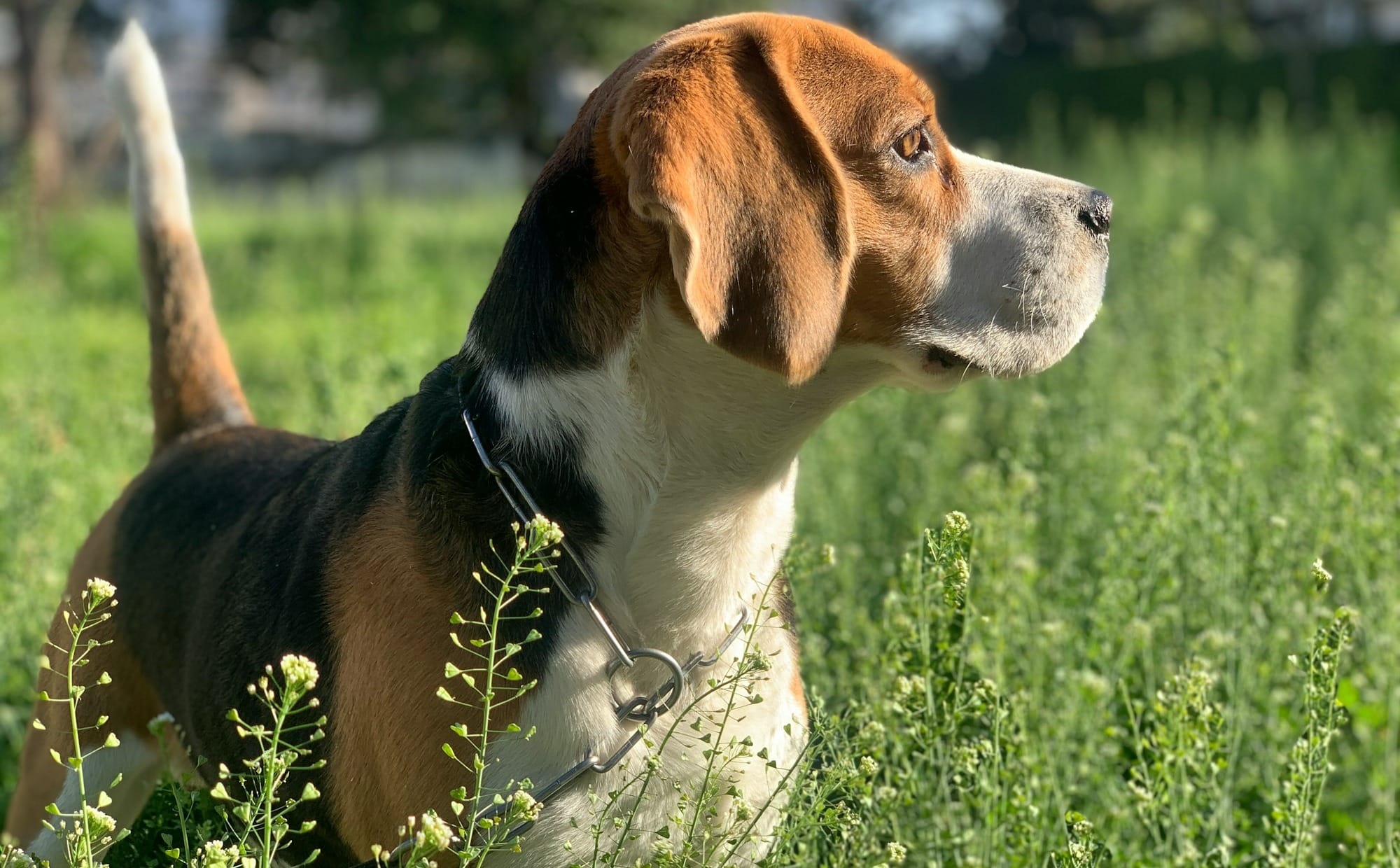
The Beagle is a small breed that is known for its friendly and gentle nature. These dogs are great with children and other pets, and make excellent family pets. They are also highly intelligent and easy to train, making them a great choice for first-time dog owners.
Bulldog
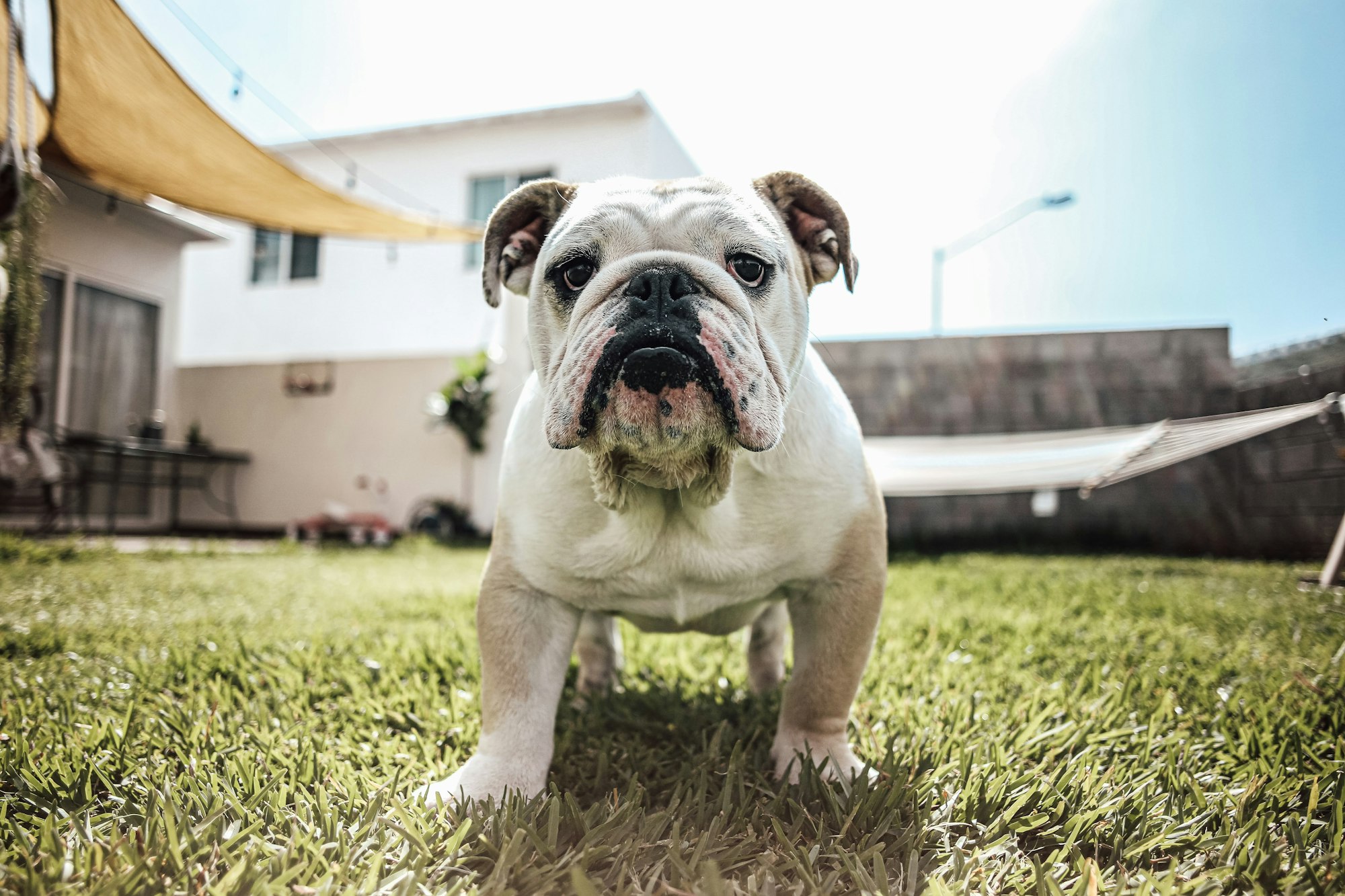
The Bulldog is a medium-sized breed that is known for its calm and gentle nature. These dogs are great with children and other pets, and make excellent family pets. They are also highly intelligent and easy to train, making them a great choice for first-time dog owners.
Poodle
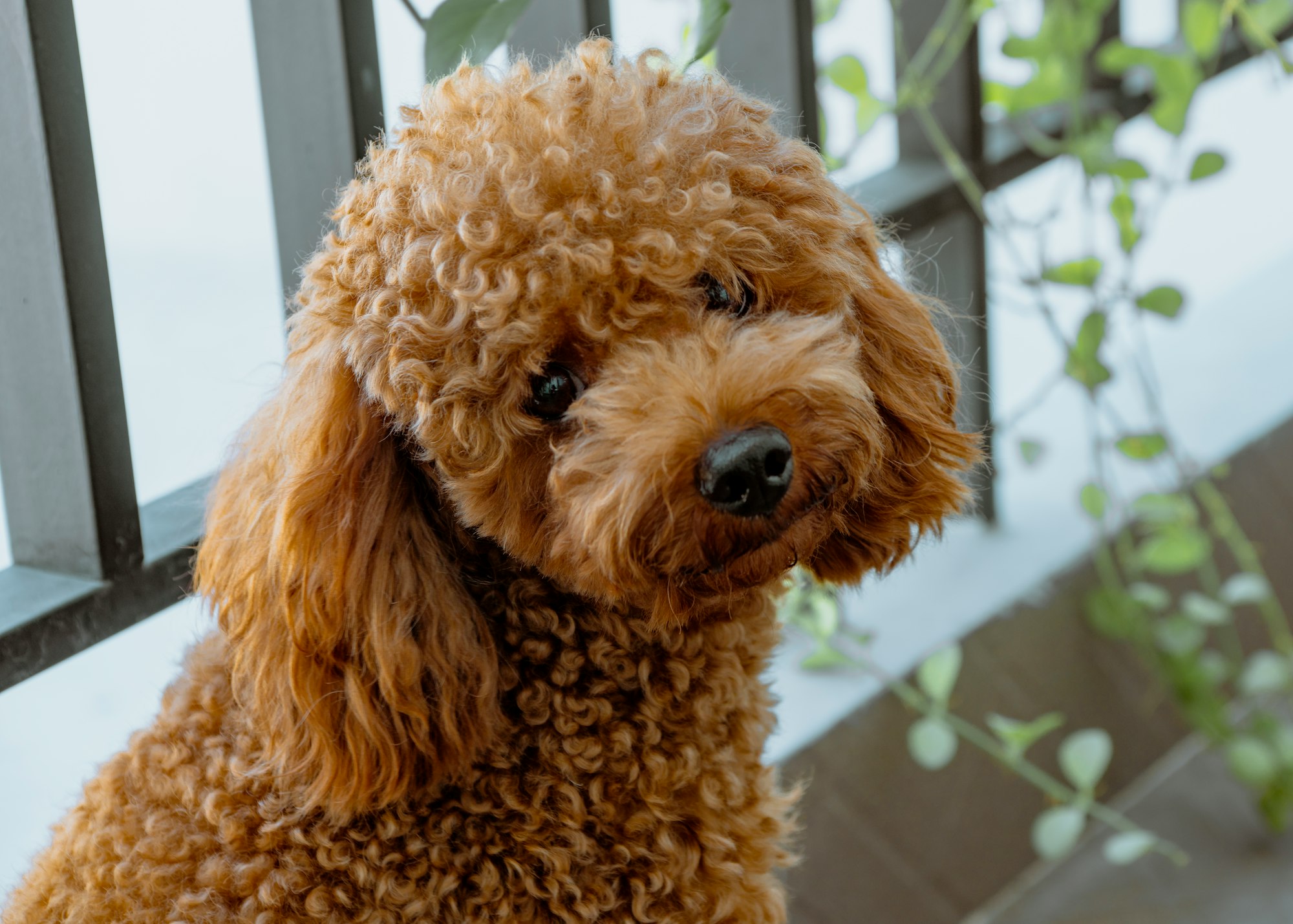
The Poodle is a highly intelligent and gentle breed that is great with children and other pets. They are also hypoallergenic, making them a great choice for people with allergies. Poodles come in several different sizes, so there is a Poodle for every family.
Newfoundland
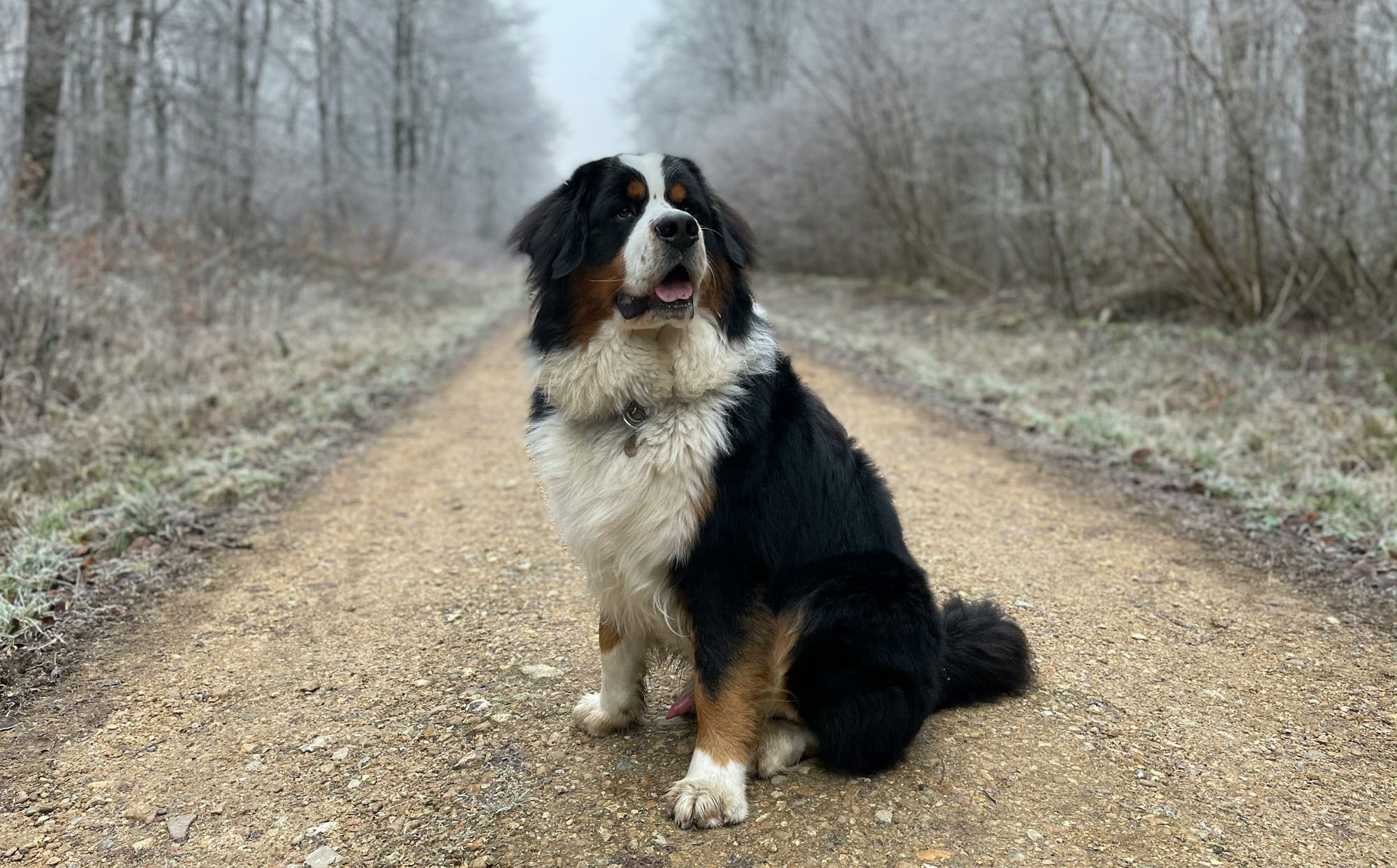
The Newfoundland is a large breed that is known for its gentle nature. These dogs are great with children and other pets, and make excellent family pets. They are also highly intelligent and easy to train, making them a great choice for first-time dog owners.
Basset Hound
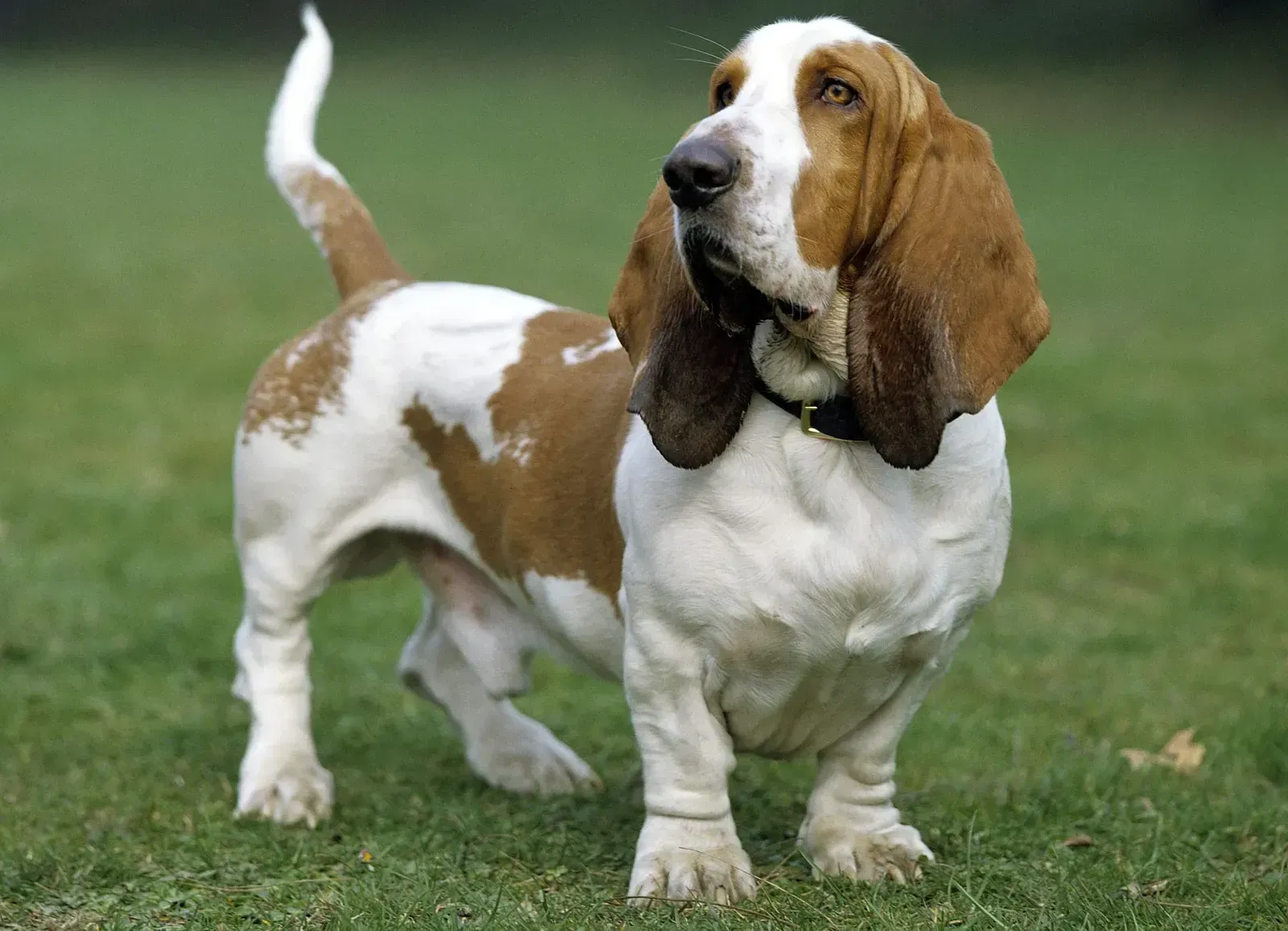
The Basset Hound is a medium-sized breed that is known for its calm and gentle nature. These dogs are great with children and other pets, and make excellent family pets. They are also highly intelligent and easy to train, making them a great choice for first-time dog owners.
Irish Wolfhound
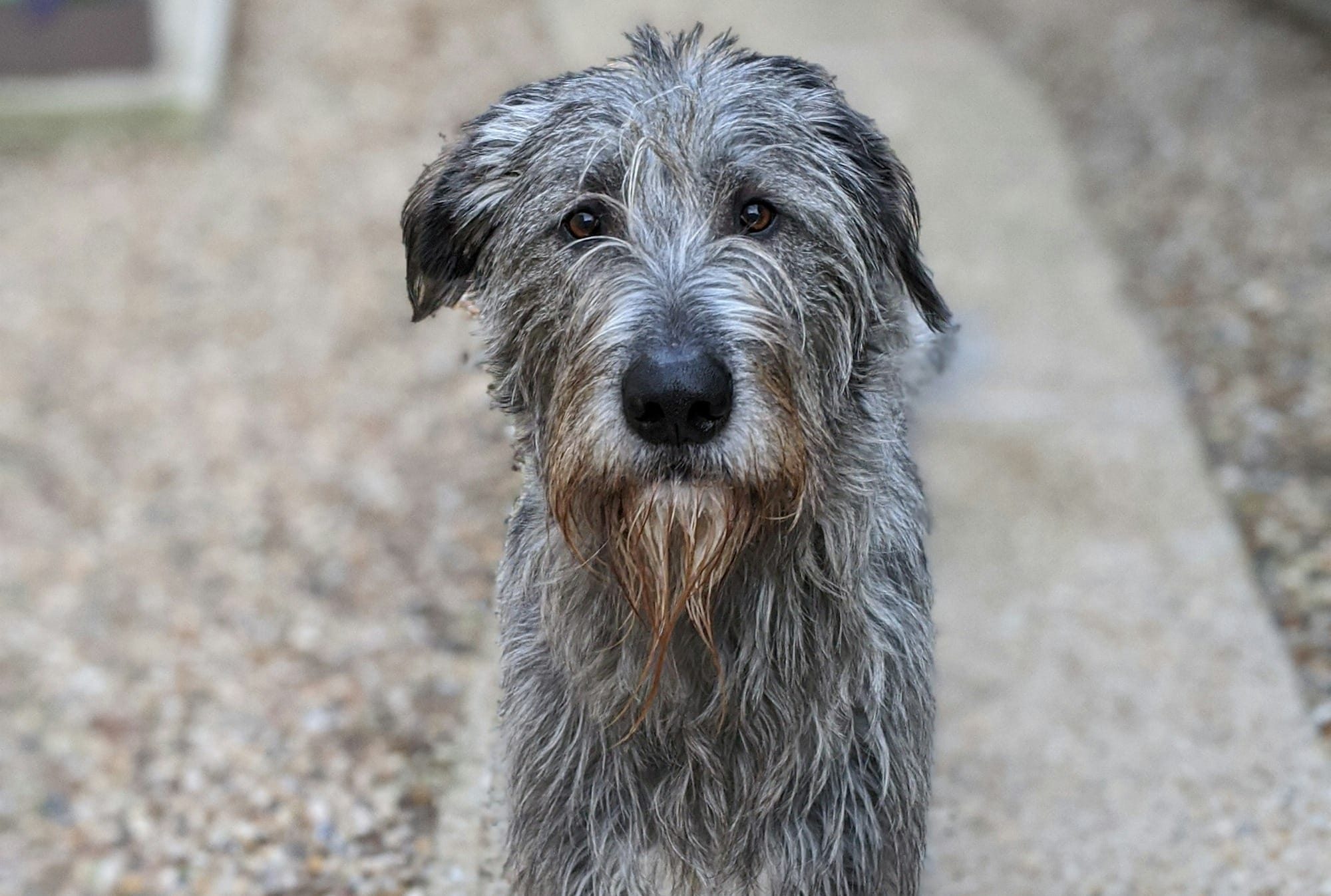
The Irish Wolfhound is a large breed that is known for its gentle nature. These dogs are great with children and other pets, and make excellent family pets. They are also highly intelligent and easy to train, making them a great choice for first-time dog owners.
Tibetan Spaniel
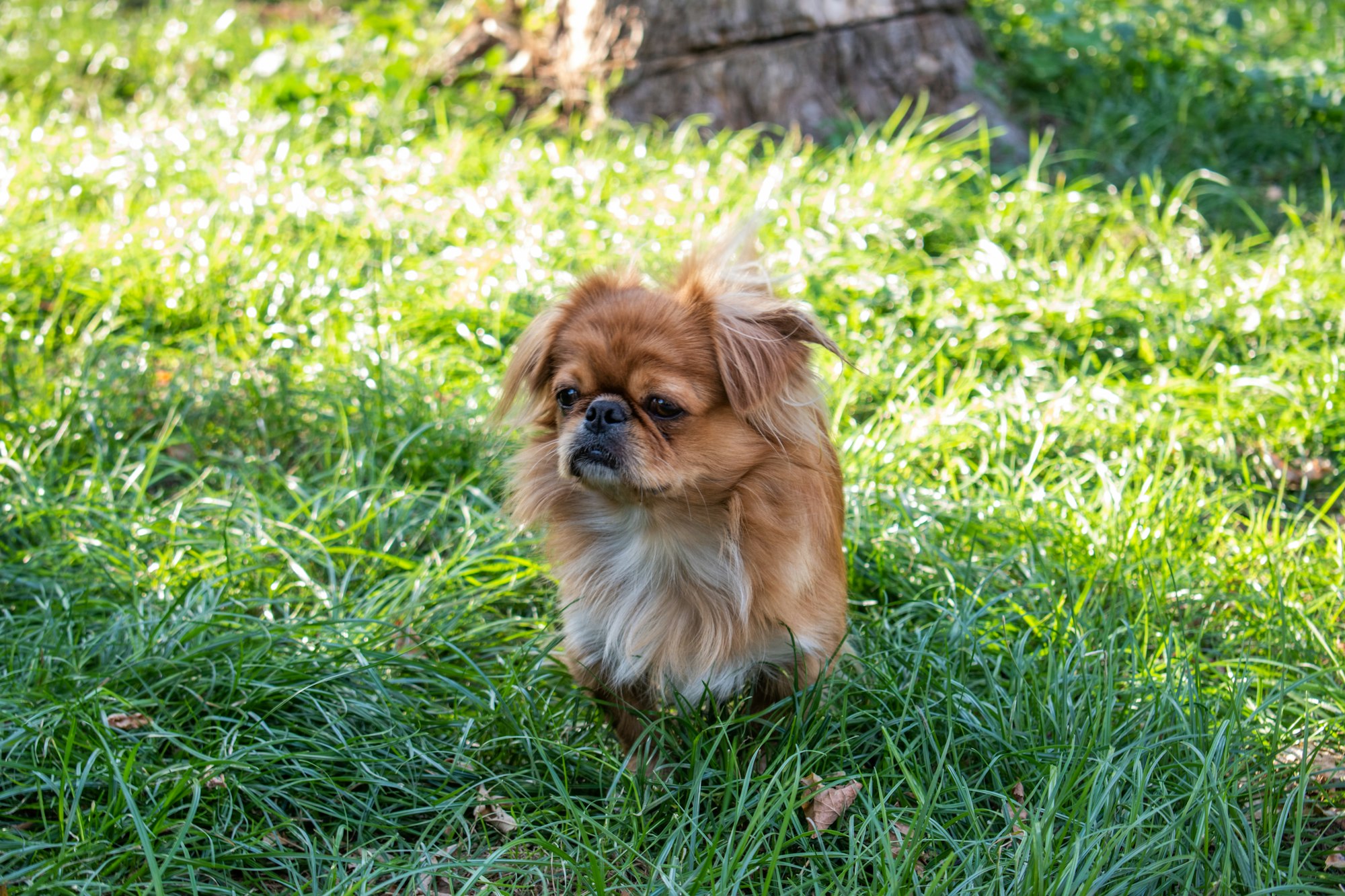
The Tibetan Spaniel is a small breed that is known for its affectionate and gentle nature. These dogs love to cuddle and make great lap dogs. They are also great with children and other pets, making them an ideal family pet.
Overall, these gentle dog breeds make great family pets and are ideal for people who are looking for a calm and friendly companion. Whether you are a first-time dog owner or an experienced dog owner, these breeds are sure to bring joy and happiness into your life.
Breed-Specific Characteristics
When it comes to choosing a dog breed, it is important to consider their specific characteristics to ensure they are a good fit for your lifestyle. Here are some key factors to keep in mind for the gentlest dog breeds:
Size and Space Requirements
Most gentle dog breeds tend to be on the larger side, but there are also some smaller breeds that are known for their gentle nature. It is important to consider the size of your living space and whether or not you have a yard when choosing a breed. Larger dogs will require more space to move around, while smaller lap dogs may be more suited for apartment living.
Exercise Needs
While gentle dog breeds may not require as much exercise as more active breeds, they still need regular exercise to maintain their health and happiness. Daily walks and playtime in the yard are usually sufficient for these breeds. It is important to note that some larger gentle breeds may require more exercise than smaller lap dogs.
Grooming and Maintenance
Gentle dog breeds come in a variety of coat types, from short and smooth to long and curly. Some breeds, such as the Bichon Frise, require regular grooming to keep their coats looking their best. Others, like the Greyhound, have short coats that require minimal grooming. It is important to consider the grooming needs of a breed before making a decision.
Overall, gentle dog breeds make great family pets and companions. By considering their specific characteristics, you can find the perfect breed to fit your lifestyle.
Training and Socialization
Obedience Training
When it comes to obedience training, some dog breeds are easier to train than others. However, with consistent and positive reinforcement, any breed can be trained to follow commands. The gentlest dog breeds are no exception. It is important to start obedience training at a young age to establish good habits and prevent bad behavior from developing.
Positive reinforcement techniques such as treats, praise, and affection are effective in training gentle dog breeds. Using harsh punishments or physical force can cause fear and anxiety in these dogs, which can lead to aggressive behavior. Consistency is also key in obedience training. Commands should be clear and easy to understand, and the same commands should be used consistently.
Socialization Techniques
Socialization is an important aspect of raising a gentle dog. It involves exposing the dog to a variety of people, animals, and environments from a young age to help them develop confidence and good behavior. Socialization can help prevent shyness and fearfulness in dogs, which can lead to aggression.
Introducing a gentle dog to new situations should be done gradually and in a positive manner. Rewards such as treats and praise can help reinforce good behavior. It is important to monitor the dog's body language and behavior to ensure they are comfortable and not overwhelmed.
In conclusion, training and socialization are important aspects of raising a gentle dog. Positive reinforcement and consistency are key in obedience training, while gradual exposure and positive reinforcement can help with socialization. By using these techniques, gentle dog breeds can develop into well-behaved and confident companions.
Health and Lifespan Considerations
Common Health Issues
When considering the gentlest dog breeds, it is important to note that all dogs, regardless of breed, are susceptible to certain health issues. However, some breeds are more prone to certain conditions than others. For example, some of the common health issues that affect gentle dog breeds include hip dysplasia, ear infections, and skin allergies.
Hip dysplasia is a condition where the hip joint does not develop properly, leading to arthritis and pain. It is more common in larger dog breeds, but some gentle breeds like the Golden Retriever and the Labrador Retriever are also prone to this condition. Ear infections are also common in dogs with floppy ears, such as the Basset Hound and the Cocker Spaniel. Skin allergies, on the other hand, can affect any breed, but are more common in dogs with long hair, like the Shih Tzu and the Maltese.
Lifespan and Care
When it comes to the lifespan of gentle dog breeds, it can vary greatly depending on the breed and the individual dog. On average, most gentle breeds live between 10-12 years, but some can live up to 15 years or more. To ensure a long and healthy life, it is important to provide proper care and attention to your dog.
Regular exercise, a balanced diet, and routine veterinary check-ups are all important for maintaining your dog's health. Additionally, some gentle breeds may require more grooming than others. Breeds with long hair, like the Cavalier King Charles Spaniel and the Afghan Hound, may require daily brushing to prevent matting and tangling.
Overall, while gentle dog breeds may be more prone to certain health issues, with proper care and attention, they can live long and healthy lives. It is important to research and understand the specific needs of your chosen breed to ensure that you are providing the best care possible.
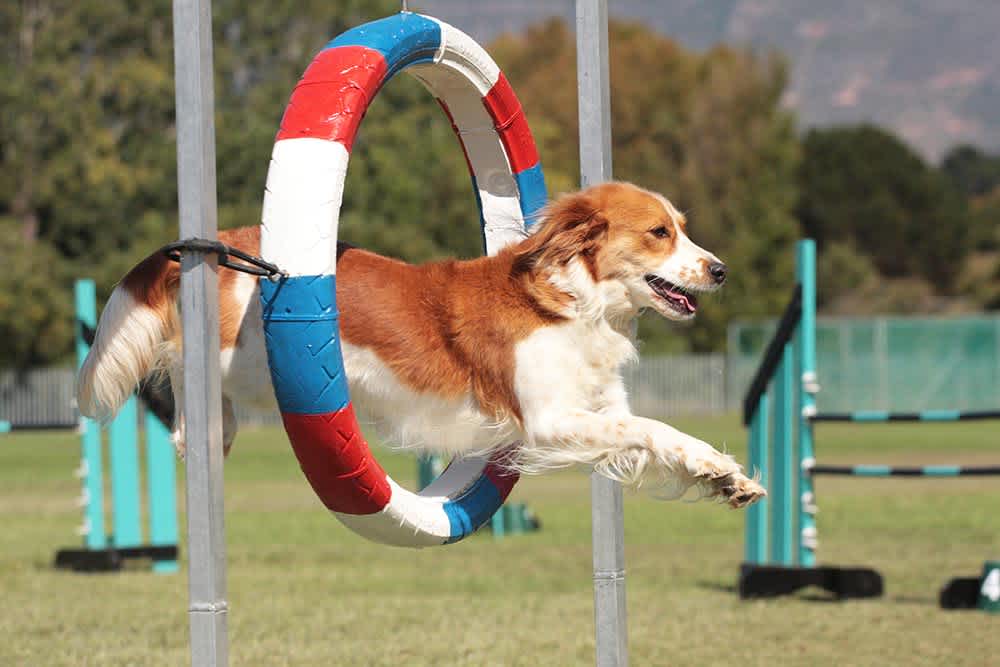
Activities Suitable for Gentle Breeds
Gentle breeds are known for their calm and docile nature, making them great companions for a variety of activities. Here are some activities that are suitable for gentle breeds:
Therapy and Assistance Roles
Therapy dogs are trained to provide comfort and support to people in hospitals, nursing homes, and other facilities. Gentle breeds such as Golden Retrievers and Labrador Retrievers are popular choices for therapy work because of their friendly and patient personalities. Lap dogs like Cavalier King Charles Spaniels and Bichon Frises can also excel in this role due to their small size and affectionate nature.
Assistance dogs are trained to help people with disabilities by performing specific tasks such as guiding the blind or alerting the deaf. Gentle breeds such as Standard Poodles and Boxers are commonly used as assistance dogs because of their intelligence and willingness to please.
Dog Sports and Competitions
Gentle breeds may not be as high-energy as some other breeds, but they can still excel in dog sports and competitions. Agility is a popular sport that involves navigating an obstacle course as quickly as possible. Gentle breeds such as Shetland Sheepdogs and Border Collies can be great at agility due to their intelligence and athleticism.
Rally is another sport that involves navigating a course, but at a slower pace than agility. It focuses on obedience and teamwork between the dog and handler. Gentle breeds such as Cavalier King Charles Spaniels and Beagles can excel in this sport due to their trainability and desire to please.
Obedience competitions are another option for gentle breeds. These competitions test the dog's ability to follow commands and perform specific tasks. Gentle breeds such as Golden Retrievers and Labrador Retrievers can do well in obedience due to their intelligence and willingness to learn.
Overall, gentle breeds can participate in a variety of activities and excel in many different roles. It's important to find an activity that suits the individual dog's personality and interests to ensure a fun and rewarding experience for both the dog and handler.
Choosing the Right Breed for Your Lifestyle
When it comes to choosing a dog, it's important to consider your lifestyle and family dynamics. Not all breeds are created equal, and some may be better suited for your particular living situation than others. Here are a few things to keep in mind when selecting a breed:
Family Dynamics and Pet Compatibility
If you have young children or other pets in the home, it's important to choose a breed that is known for being good with kids and other animals. Some popular family-friendly breeds include the Golden Retriever, Labrador Retriever, and Beagle. These breeds are known for their friendly, outgoing personalities and their love of playtime.
On the other hand, if you're looking for a dog that is more protective of your family, you may want to consider breeds like the German Shepherd or Rottweiler. These breeds are known for their loyalty and protective instincts, making them great watchdogs.
Living Environment Considerations
If you live in an apartment or have limited outdoor space, you'll want to choose a breed that is well-suited to apartment living. Breeds like the Bichon Frise, Cavalier King Charles Spaniel, and Chihuahua are all great choices for apartment dwellers. These breeds are small in size and don't require a lot of exercise, making them perfect for city living.
If you have a larger living space and enjoy spending time outdoors, you may want to consider breeds like the Great Dane or Bernese Mountain Dog. These breeds are larger in size and require more exercise, but they are also known for their calm dispositions and cuddly personalities.

Ultimately, the key to choosing the right breed for your lifestyle is to do your research and carefully consider your own needs and preferences. With a little bit of effort, you can find the perfect dog to fit seamlessly into your family and your home.
Breed Organizations and Standards
When it comes to determining the temperament and characteristics of a dog breed, there are several organizations and standards that can be consulted. In this section, we will discuss two of the most prominent organizations and their breed groups.
American Kennel Club
The American Kennel Club (AKC) is one of the most well-known and respected dog breed organizations in the world. They have established breed standards for over 190 breeds, which include physical characteristics, temperament, and other traits.
One of the most valuable resources provided by the AKC is their Breed Temperament Guide. This guide provides a brief overview of each breed's temperament, energy level, and general disposition. It can be a helpful tool for those looking to adopt a dog and want to ensure they are selecting a breed that fits their lifestyle.
Kennel Club Breed Groups
The Kennel Club is the UK's largest organization dedicated to the breeding and showing of dogs. They have established breed standards for over 200 breeds, which are grouped into seven categories based on their characteristics and intended use.
The Kennel Club Breed Groups include:
- Hound Group
- Working Group
- Terrier Group
- Gundog Group
- Pastoral Group
- Utility Group
- Toy Group
Each group has its own set of standards and characteristics that are unique to the breeds within that group. By consulting the Kennel Club's breed standards, potential dog owners can gain a better understanding of what to expect from their chosen breed.
Overall, consulting breed organizations and standards can be a helpful tool for those looking to adopt a dog. It can provide valuable insight into a breed's temperament, energy level, and other traits, which can help ensure a successful adoption and lifelong companionship.
Cultural Impact of Gentle Breeds
Representation in Media and Literature
Gentle dog breeds have made a significant impact on popular culture, appearing in various forms of media and literature. One of the most famous gentle dog breeds is Snoopy, the beloved beagle from the comic strip Peanuts. Snoopy's gentle nature and playful personality have made him a favorite among readers of all ages.
In China, gentle dog breeds such as the Pekingese and Shih Tzu have a long history of cultural significance. These dogs were bred for the imperial courts and were considered symbols of wealth and power. Today, they are still highly valued and are often featured in Chinese art and literature.
French Bulldogs, another gentle breed, have become increasingly popular in recent years. They have been featured in movies, television shows, and advertisements, and have even been named as the most popular breed in cities such as New York and London.
Overall, gentle dog breeds have had a significant cultural impact, representing traits such as loyalty, kindness, and companionship. Whether they are appearing in popular media or serving as beloved family pets, these dogs are cherished by many around the world.
Future of Gentle Dog Breeds
As the demand for gentle dog breeds continues to rise, breeders are focusing on producing dogs that are not only friendly but also hypoallergenic and low-shedding. This trend is particularly evident in the breeding of crossbreeds, which often combine the desirable traits of two or more breeds.
Trends in Breeding
French Bulldogs have become increasingly popular in recent years due to their gentle nature and adaptability to apartment living. However, their popularity has led to overbreeding and a rise in health issues. To combat this, breeders are working to produce healthier French Bulldogs by focusing on breeding for better health and temperament.
Greyhounds are another gentle breed that has seen a rise in popularity due to their calm and affectionate nature. However, their history as racing dogs has led to concerns about their welfare once they retire from racing. To address this, adoption and rescue organizations are working to find homes for retired racing Greyhounds.
Adoption and Rescue
Adoption and rescue organizations play a crucial role in the future of gentle dog breeds. They provide a second chance for dogs that may have been abandoned or surrendered by their owners. Many of these organizations specialize in specific breeds, such as French Bulldogs or Greyhounds, and work to find loving homes for these dogs.
In conclusion, the future of gentle dog breeds looks bright as breeders focus on producing healthier and more adaptable dogs, and adoption and rescue organizations work to provide homes for these dogs in need. With continued efforts, these gentle breeds will continue to bring joy and companionship to families for years to come.
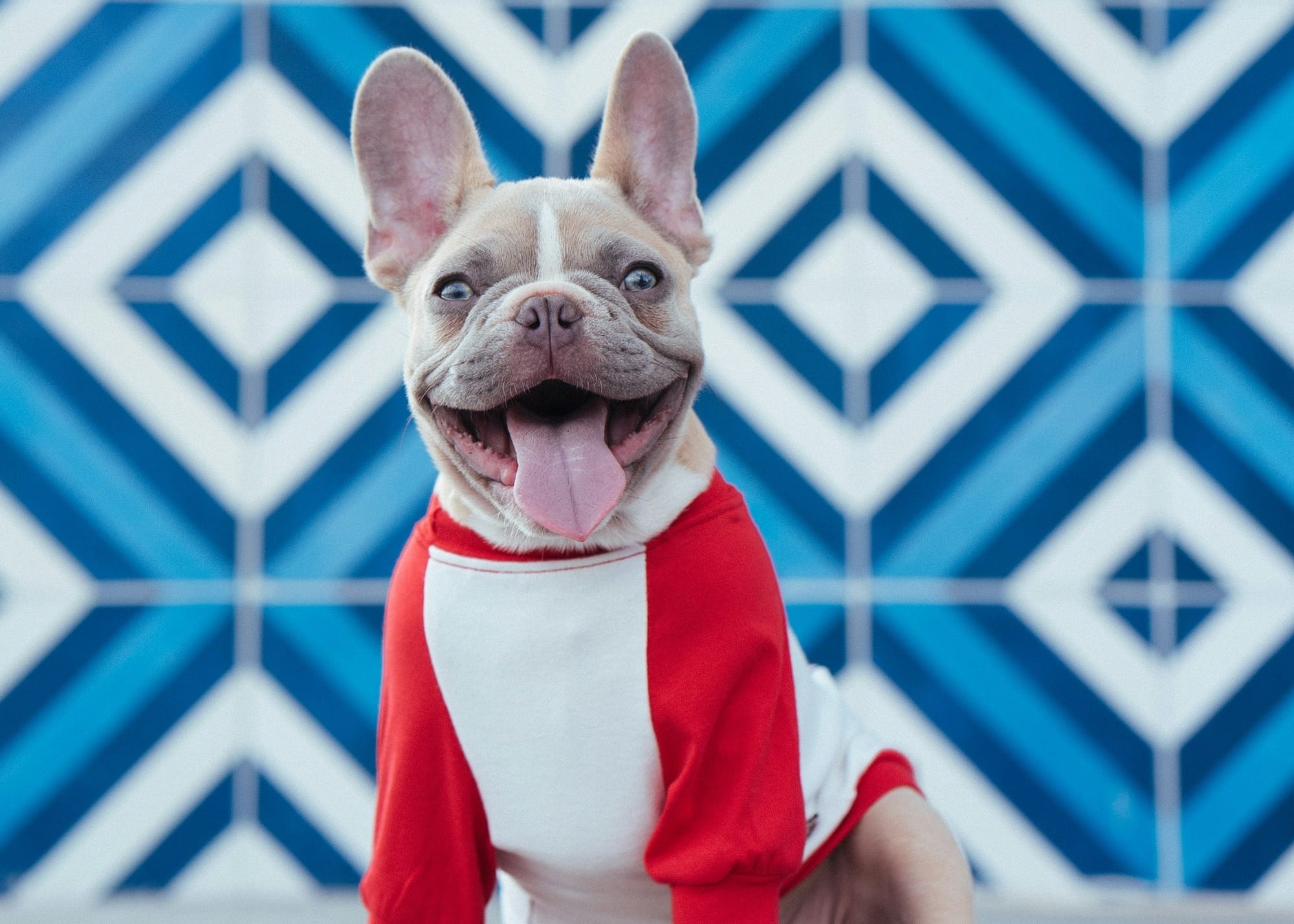
Conclusion
In exploring the gentle nature and endearing qualities of various dog breeds, this article highlights the importance of choosing a pet that aligns with one's lifestyle and family dynamics. From the playful Golden Retriever to the affectionate Cavalier King Charles Spaniel, each breed offers a unique blend of companionship and tranquility suited to different environments and preferences. The significance of understanding breed-specific characteristics, such as exercise needs and grooming requirements, cannot be overstated in ensuring a harmonious relationship between pet and owner.
Furthermore, the role of training and socialization in nurturing a well-behaved and adaptable canine companion is paramount, emphasizing the impact of positive reinforcement and the need for early exposure to diverse experiences. As we consider the future of gentle dog breeds, the focus shifts towards responsible breeding practices and the vital work of adoption and rescue organizations in safeguarding the well-being of these cherished animals. Ultimately, the selection of a gentle dog breed not only enriches the lives of families seeking a loyal friend but also reflects a commitment to understanding and meeting the needs of these loving creatures, ensuring a lasting bond and mutual joy.
FAQs
- 1. What makes a dog breed "gentle"?
- Gentle dog breeds are characterized by their friendly, calm, and affectionate nature. They tend to be good with children and other pets, showing patience and a non-aggressive demeanor.
- 2. Are gentle dog breeds good for families with children?
- Yes, gentle dog breeds are often recommended for families with children due to their patient and loving nature. Breeds like Golden Retrievers and Cavalier King Charles Spaniels are known for their ability to interact well with kids.
- 3. Can gentle dog breeds live in apartments?
- Many gentle dog breeds, such as Cavalier King Charles Spaniels and Bichon Frises, can adapt well to apartment living due to their smaller size and moderate exercise needs. However, it's important to consider each breed's specific requirements.
- 4. Do gentle dog breeds require a lot of grooming?
- Grooming needs vary among gentle dog breeds. For example, Bichon Frises require regular grooming to maintain their fluffy coats, while Labrador Retrievers have short coats that need minimal grooming.
- 5. Are gentle dog breeds easy to train?
- Many gentle dog breeds are known for their intelligence and eagerness to please, making them relatively easy to train. Positive reinforcement techniques are particularly effective with these breeds.
- 6. What are some activities suitable for gentle dog breeds?
- Gentle dog breeds can participate in a variety of activities, including therapy work, dog sports like agility and rally, and simple daily walks and play sessions.
- 7. How can I ensure a gentle dog breed is the right fit for my lifestyle?
- Consider your living environment, family dynamics, and the amount of time you can dedicate to exercise and grooming. Researching specific breed characteristics and consulting with breeders or veterinarians can also help you make an informed decision.
- 8. Are there any health issues specific to gentle dog breeds?
- Like all dogs, gentle breeds may be prone to certain health conditions. For instance, larger breeds like Golden Retrievers can be susceptible to hip dysplasia, while smaller breeds may face issues like ear infections. Regular veterinary care is essential for maintaining their health.
- 9. How can I adopt a gentle dog breed?
- Consider reaching out to breed-specific rescue organizations or visiting local shelters. Many gentle dog breeds, including mixed breeds, are often in need of loving homes.
- 10. What is the lifespan of gentle dog breeds?
- The lifespan can vary widely depending on the breed, with smaller breeds often living longer than larger ones. On average, gentle dog breeds can live anywhere from 10 to 15 years or more with proper care.




